Jaguar Land Rover will move around 2,000 of its manufacturing staff onto a three-day week as it battles against the headwinds of anti-diesel sentiment and Brexit.
The brand announced yesterday (September 17) that it would impose the changes at its Castle Bromwich plant in the West Midlands from October, as it reduces production amid a fall in sales of diesel-powered vehicles.
Staff are expected to work reduced hours until at least Christmas, The Guardian newspaper reported.
A spokesperson said: “In light of the continuing headwinds impacting the car industry, we are making some temporary adjustments to our production schedules at Castle Bromwich.”
JLR said that it would continue to invest in new product, however, adding that it was committed to its UK plants, which have attracted more than £4bn in investment since 2010.
Last week JLR chief executive Ralph Speth warned the Government that a ‘no deal’ Brexit would cost the manufacturer £1.2bn-a-year – putting thousands of UK jobs at risk.
Speaking at the world’s first Zero Emission Vehicle Summit in Birmingham, just moments before Prime Minister Theresa May took to the same stage, Speth described a cliff-edge break with the EU as “horrifying”, warning that if wrong decisions were taken now it could result in the “worst of times” for the UK
He told the conference that friction at the border could jeopardise production to the value of £60m a day.
Speth also warned that traffic jams on the approach to Dover meant that “bluntly, we will not be able to build cars”.
Jaguar recently launched its first EV – the Austria-built Jaguar I-Pace – but its growth in recent years has faltered recently due to an over-relience on diesel to power its range of SUVs and large saloons.
In the first six months of this year the anti-diesel rhetoric by the UK Government and EU leaders keen to cut emissions resulted in the UK public’s purchase of nearly 200,000 fewer new diesel cars than in the same period last year, leaving the fuel type with a market share of just 33%.
JLR’s sales in H1 2018 were down 9%, for which it largely blames the diesel decline as 85% of its UK sales are diesel.

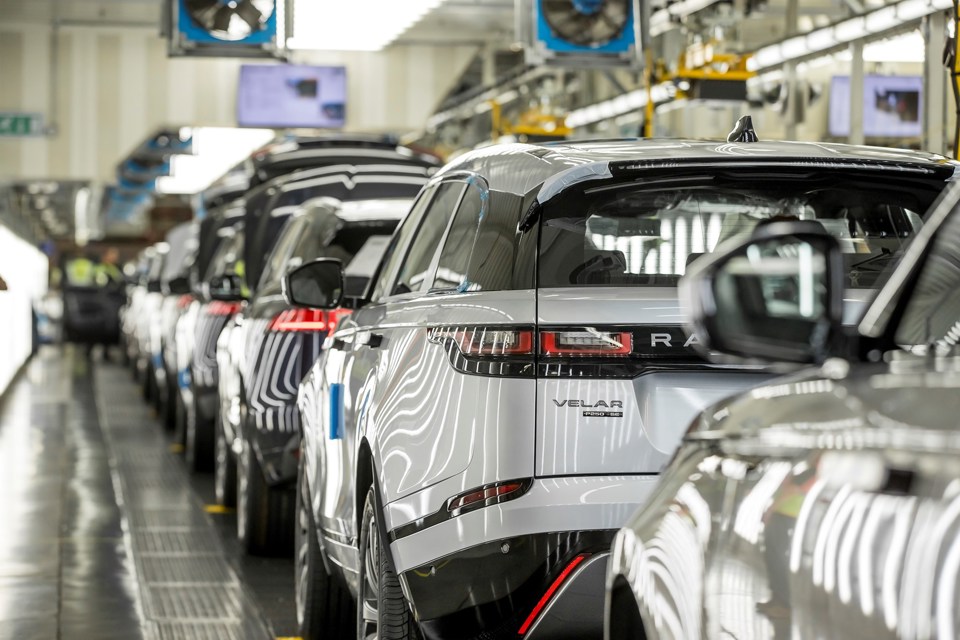
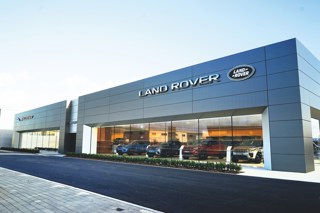
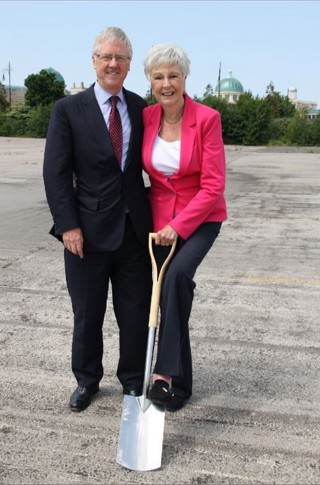
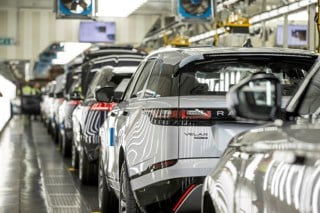

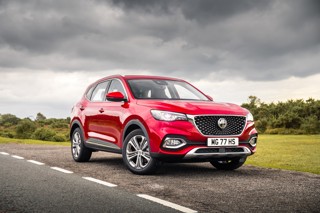












Login to comment
Comments
No comments have been made yet.